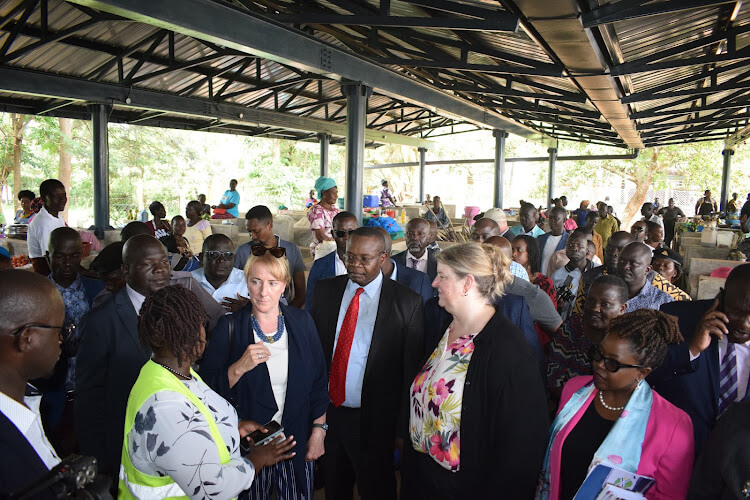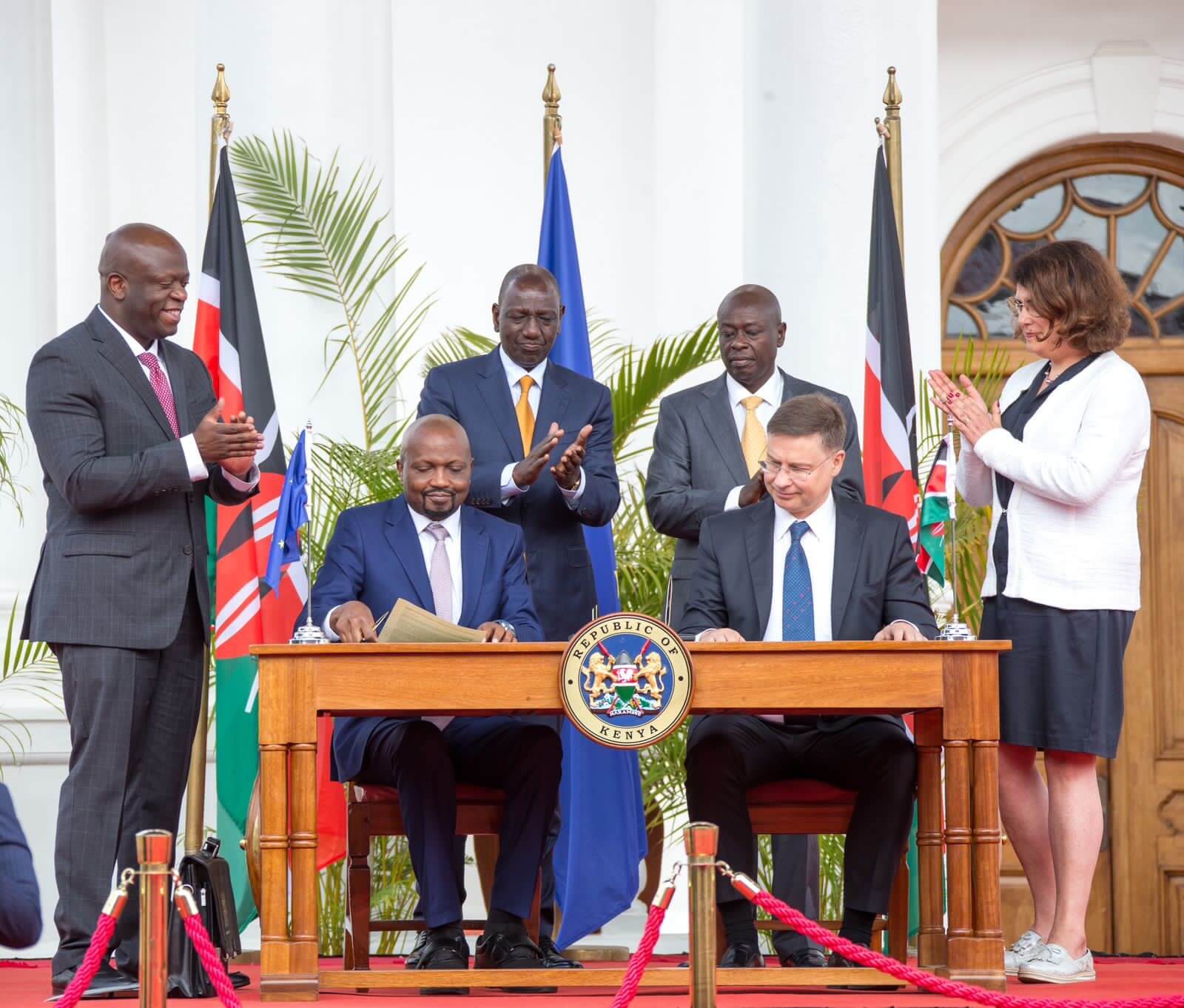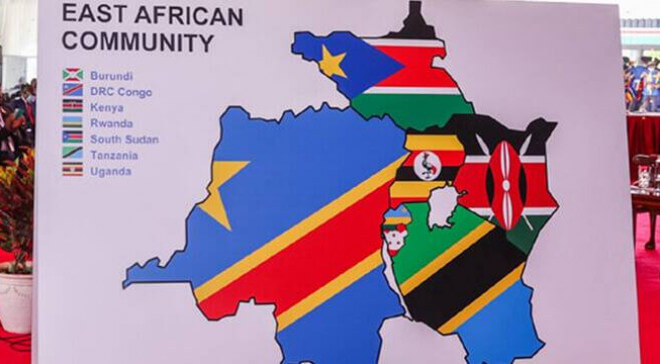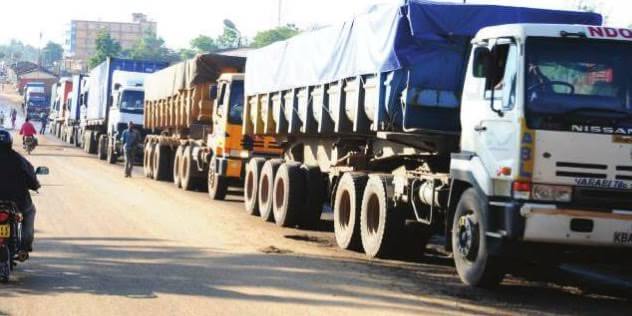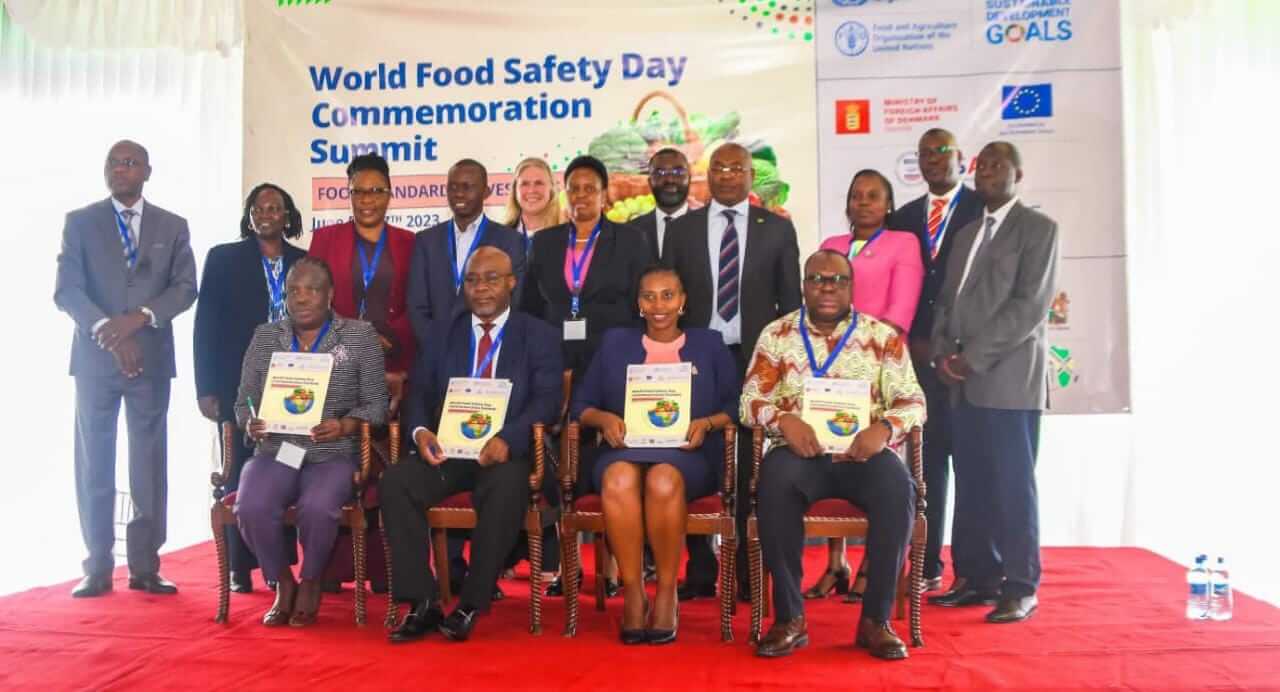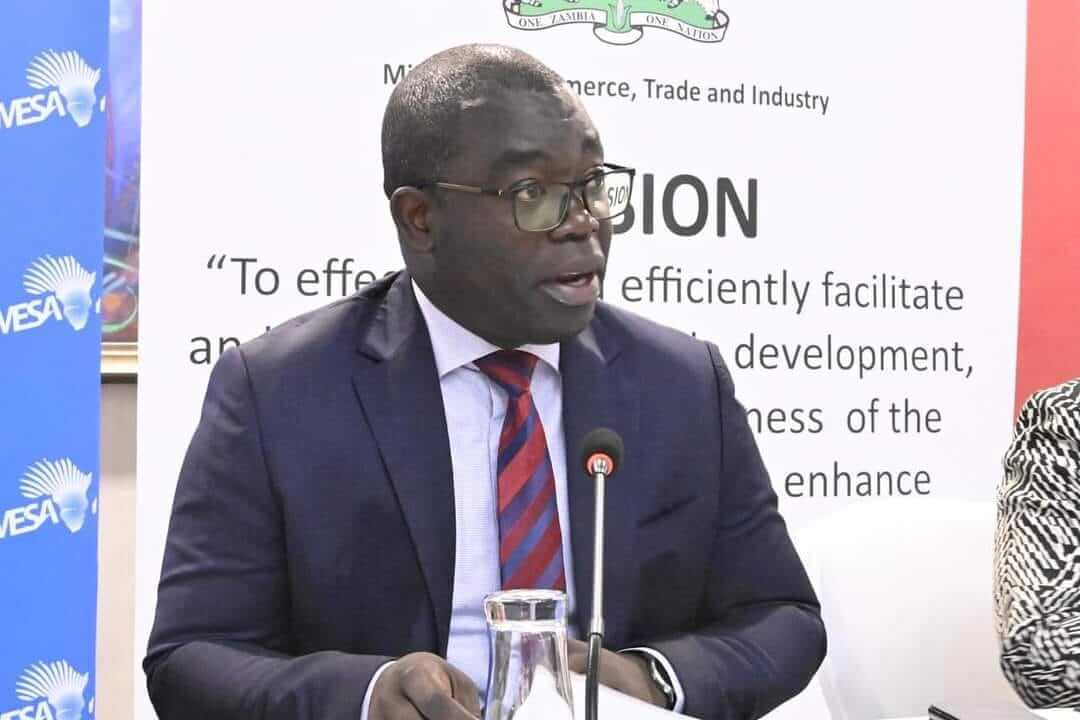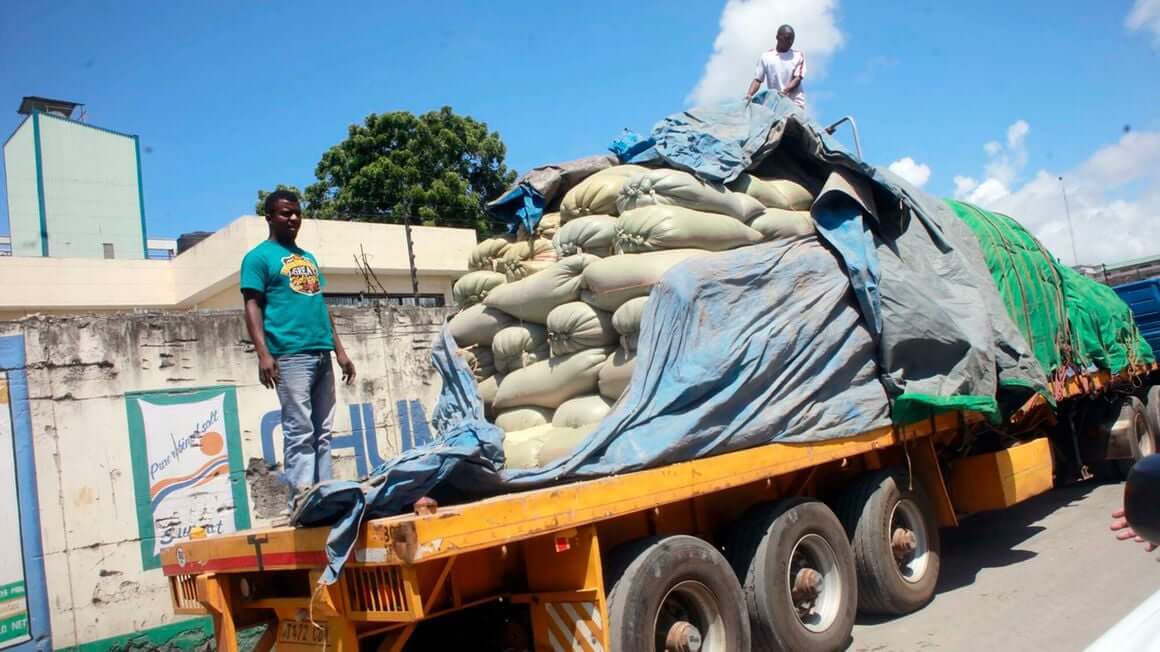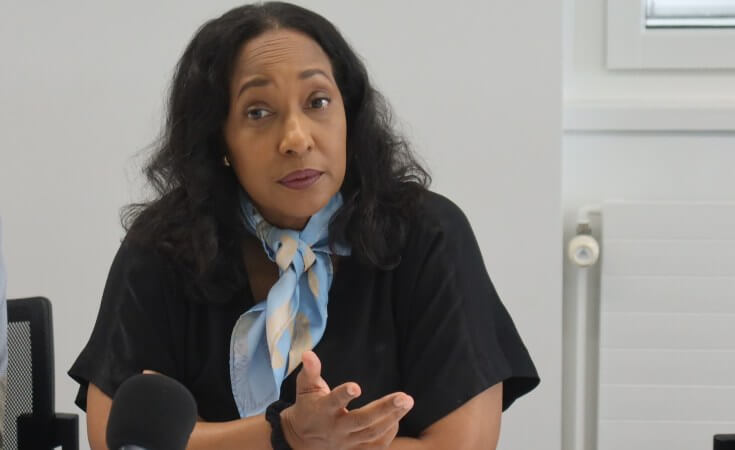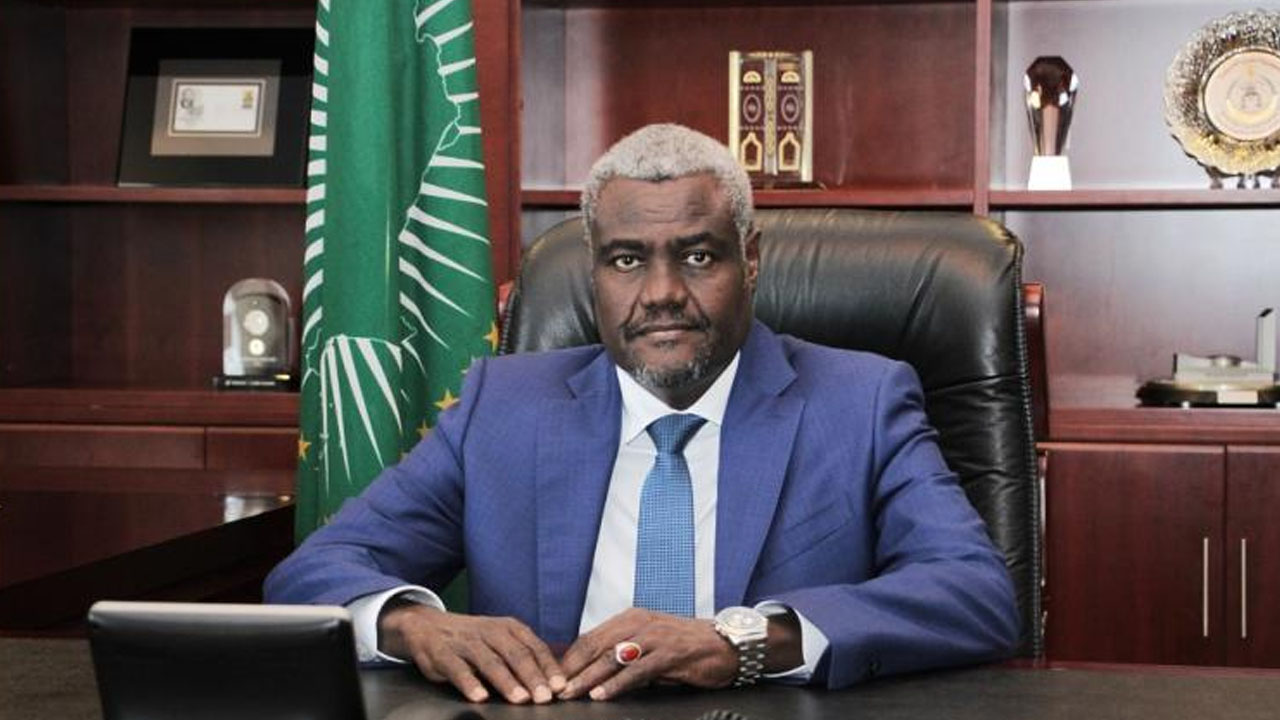In Summary New market offers a safe business environment for cross-border traders in Busia The outbreak of the Covid-19 pandemic in 2020 took a huge toll on women traders A new market has been opened in Busia to facilitate business between traders in Kenya and Uganda. The Sh40 million market comes as a relief to women traders who were hit hard by the Covid-19 pandemic. Busia Governor Paul Otuoma on Tuesday said the investment will go a long way in ensuring a safe business environment for cross-border traders. “What we want are innovative solutions to economic challenges facing our people,” he said. The market is an initiative of the county government of Busia, the Ministry of East African Community Affairs, TradeMark Africa and development partners. “We are grateful for the support because all this is geared towards providing safe spaces for our people especially in trade,” the county chief said. The construction of the market started in July 2021 as part of the Safe Trade Emergency Facility. TradeMark Africa implemented it together with the Busia government with funding from Canada, Ireland, the European Union and Denmark. The outbreak of the Covid-19 pandemic in 2020 took a huge toll on local and international trade. Informal cross-border traders, particularly women, were hard hit. The effects of the pandemic led to a drastic reduction in business operations on the border. Traders recorded up to 90 per cent income losses that resulted from stringent government-enforced restrictions of social distancing to combat the spread of...
Busia market uplifts cross-border traders
Posted on: June 22, 2023
Posted on: June 22, 2023

